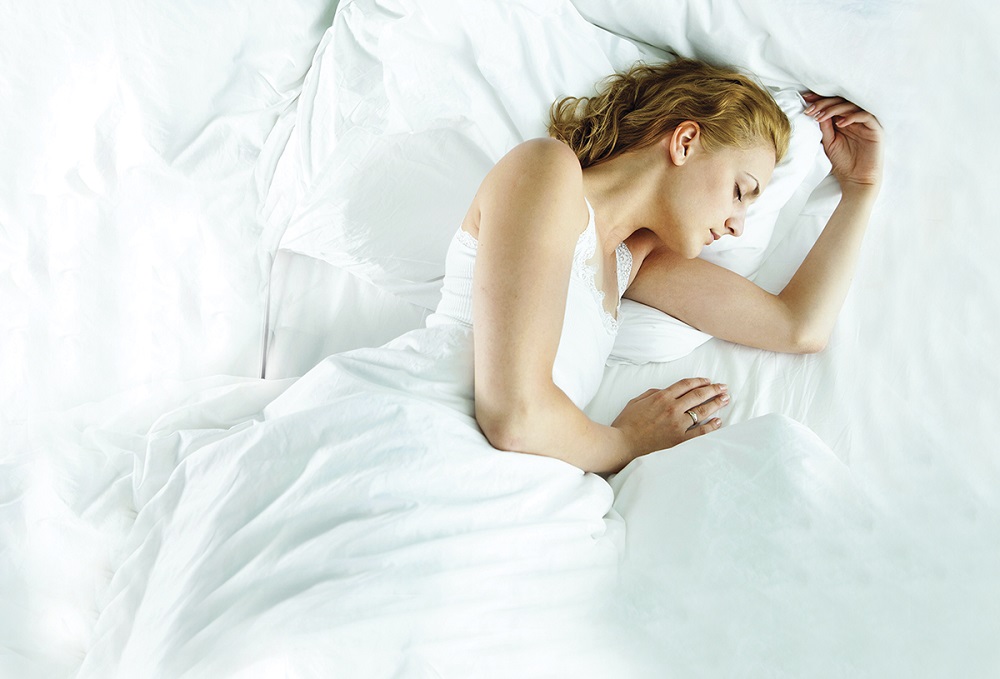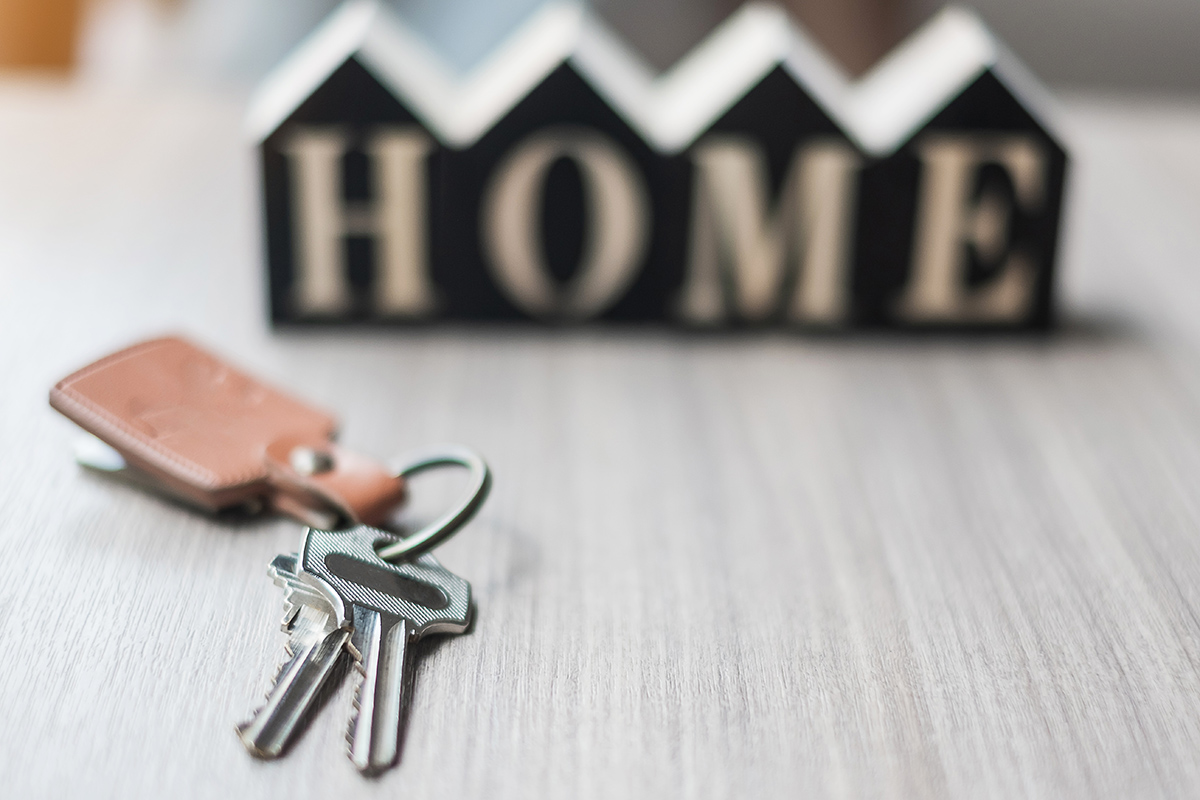WRITER | TRACY DONOHUE
Getting a good night’s sleep can be challenging at the best of times. With the added health and financial stress associated with the lasting effects of the pandemic, many find themselves struggling to fall or stay asleep and then end up feeling tired the next day. Science has shown that sleep is restorative to physical and mental health and important to overall quality of life – but what is the best approach to achieving blissful slumber, especially during stressful times? Improving your sleep hygiene may be the answer.
Good sleep doesn’t just start at bedtime. Sleep hygiene is the practice of establishing daily habits and creating a relaxing environment that will promote quality sleep, resulting in feeling well rested and productive the next day. Creating a daily sleep routine can help support the body’s circadian rhythms and, ultimately, improve sleep. Circadian rhythms are the body’s natural 24-hour cycle of biological and psychological processes that respond mainly to light and dark. When the sun rises, the body feels energized due to the production of cortisol. When the sun sets, the body feels sleepy due to the production of melatonin.
The formula to develop good sleep hygiene can vary from person to person – that is, what works for one person may not work for another. These sleep-promoting tips can be used to create your individualized sleep hygiene plan to help ensure your best sleep.
Establish Healthy Daytime Habits
Engaging in regular physical activity during the day can improve sleep at night, as it gives your body something to rest and recover from. Caffeine, alcohol, and nicotine are known sleep disruptors and should be reduced or eliminated. And, while large meals should be avoided before bedtime, some people find a light snack or cup of decaffeinated chamomile tea helps induce slumber.
Develop a Bedtime Routine
Establish consistent times for sleep and waking each day (including weekends) to allow a target of seven hours of sleep each night while limiting daytime naps to 20-30 minutes. Try experimenting with relaxation techniques before bedtimes, such as taking a warm bath or shower, stretching, listening to calming music or sounds, reading a book, journaling, or meditating.
Create a Serene Bedroom
The ideal bedroom environment for sleeping is comfortable, quiet, cool, and dark. To limit distractions, try moving activities other than sleep and sex into another room. If possible, remove electronic devices such as TVs, laptops, and smartphones from your bedroom. If you must have a phone by your bed for safety reasons, silence unnecessary notifications that can interrupt sleep.
Your bed should have a comfortable mattress and pillows, with bed linens made of natural, breathable fibers such as cotton or bamboo. These should be laundered weekly to help reduce allergens. Some people find it helpful to minimize light with blackout curtains or to drown out sounds with a fan, air purifier, or white noise machine. Still others find it relaxing to use soothing essential oils such as lavender or vanilla.
Reduce Light Stimulation
An hour before bedtime, dim household lights and turn off electronics. With increased reliance on technology, many people lose track of time and subsequently lose sleep by going down a social media rabbit hole or checking work email “just one last time.” Additionally, digital screens emit blue light, which can signal to the body that it is still daytime and make it more difficult to fall asleep. To help reduce nighttime blue light stimulation, schedule the nightly screen dimming option on your device or try one of the latest wellness trends —blue light-blocking glasses.
Use Technology
Although technology can be detrimental to good sleep hygiene, it can also provide useful information and resources to help track and improve sleep. There are many meditation and music apps or bedtime-prompting smartphone features that can help you unwind at night. Also, many smartwatches and fitness trackers can track sleep quantity and quality as well as physical activity.
Consult a Medical Professional
While many sleep problems can be improved with increased attention to proper sleep hygiene, a medical professional should be consulted if you experience symptoms such as snoring, gasping for air, or restless legs, as they can be signs of a sleep disorder.
According to Dr. Bradley Rowens, medical director for Michigan Institute for Sleep Medicine in Novi, various physical and mental health conditions, dysfunctional learned behaviors, and some medications can negatively affect sleep. “It is common to have intermittent episodes of insomnia. But when these occur more than three times per week for three months, it is certainly time to consider speaking with your primary medical doctor or possibly with a sleep specialist.”








